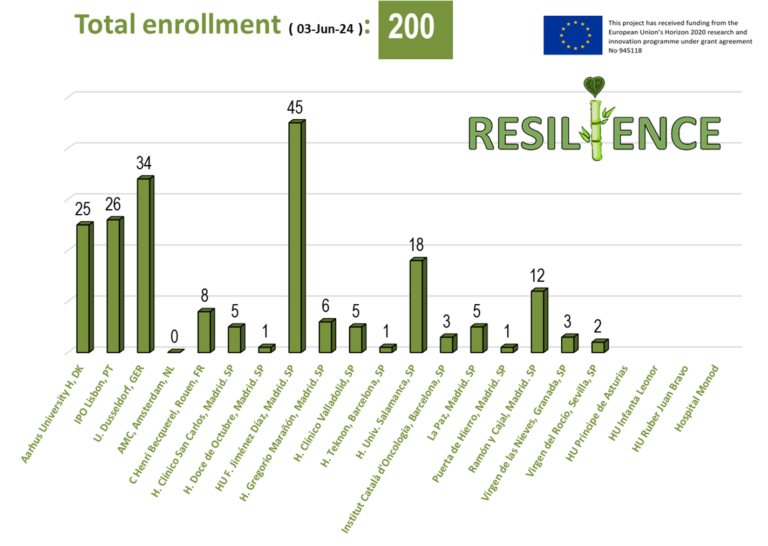Bad news is part of life and we can’t avoid it. However, some guidelines can help to manage them.
Everyone throughout life will at some point deal with the unpleasantness of bad news, because pain is a part of life and we can’t run away from it.
Of all the possible negative news we may receive, the ones that worry us most are those related to health. In particular, discovering that you or someone close to you is suffering from a disease such as cancer makes everything suddenly take a back seat, because the priority is only one: to be cured.
Of course, we can’t control everything that happens around us and prevent painful events from happening. However, we can work on the way we manage what happens to us. Therefore, here are some basic guidelines that can help us cope with the communication of news of this caliber.
3 guidelines for coping with the communication of bad news
Next, from Resilience we will see some keys to assimilate bad news.
1. Accept the emotions you feel
There are people who, when faced with news such as a cancer diagnosis, develop avoidance as a coping strategy. Thus, they force themselves not to think about what is happening and focus on activities to distract themselves continuously. Others may force themselves to stay positive all the time so as not to worry others. However, it is important to accept what has happened and how it makes us feel. Acknowledging and giving vent to emotions such as anger, grief or helplessness is necessary to cope in a healthy way with the disease. Remember that you are not obligated to be positive all the time and that you are entitled to experience ups and downs. Keep in mind that there is no such thing as positive or negative emotions, but that they are all necessary and serve a function. Therefore, accepting them naturally is key to avoid later emotional consequences.
2. Seek relief from someone you trust.
Accepting bad news is not easy, in fact, the most common thing at first is to experience difficulties to process the news. Talking to people you trust about what is happening can be of great help, as this allows us to vent our emotions and make the event more real. In other words, sharing what we are carrying inside can ease the task of accepting the reality that we have in front of us. However, if you feel that you are not yet ready to communicate it to anyone, give yourself time and respect your timings.
3. Be flexible with yourself
When we receive news of great emotional impact, it is natural that we need time to reset ourselves. Treat yourself with compassion and don’t force yourself to fulfill commitments for others. Slow down, prioritize your well-being and limit your social relationships and activities if you need to. It’s time to reflect and take time for yourself.
RESILIENCE helps you survive cancer with a strong heart.
















